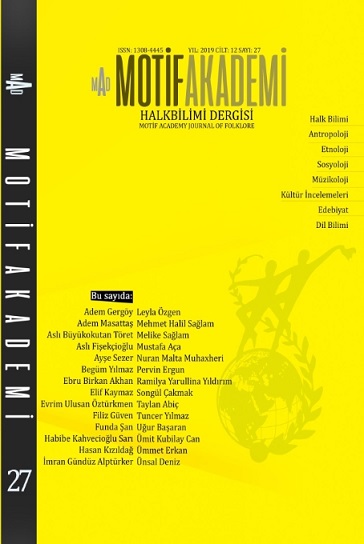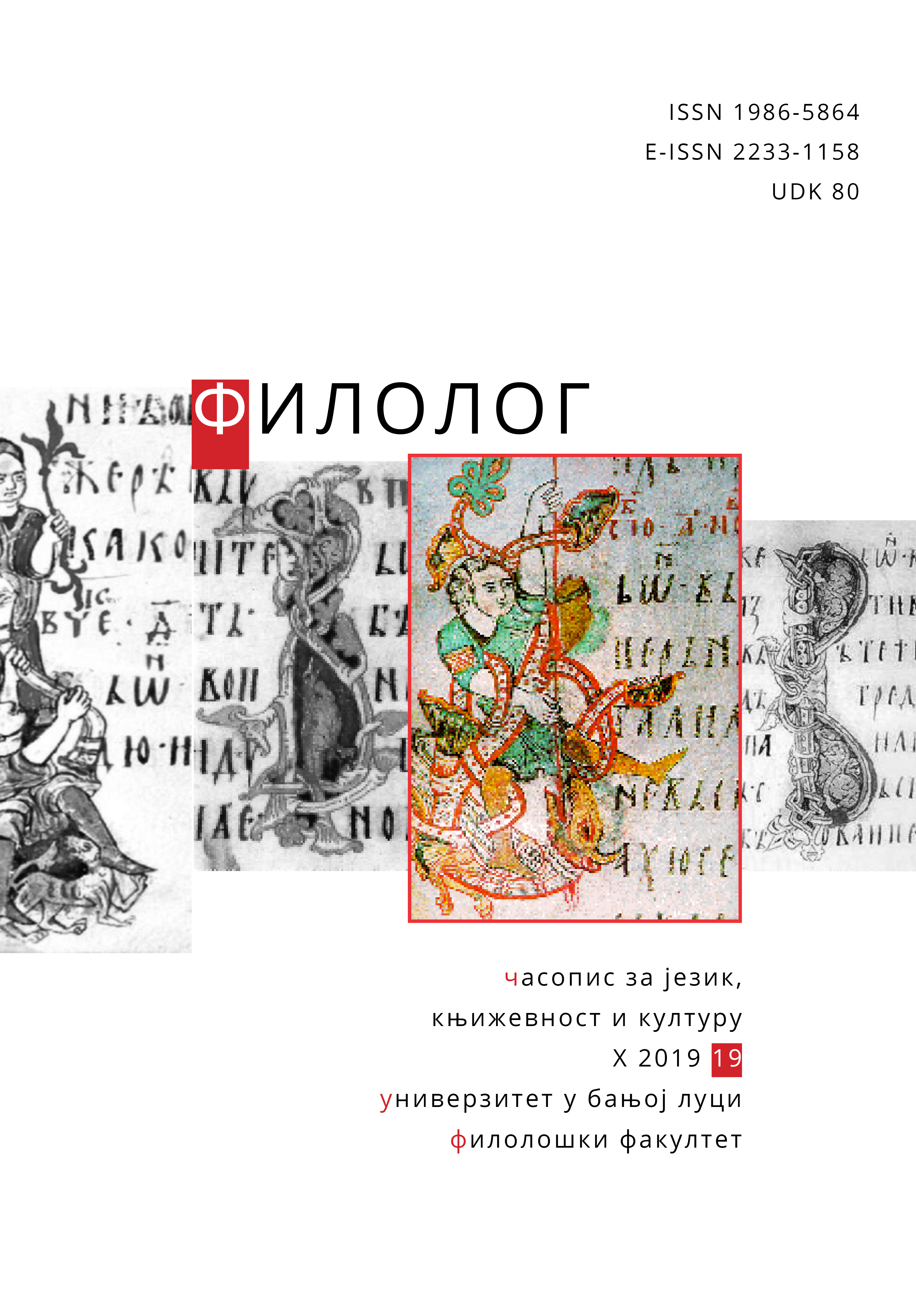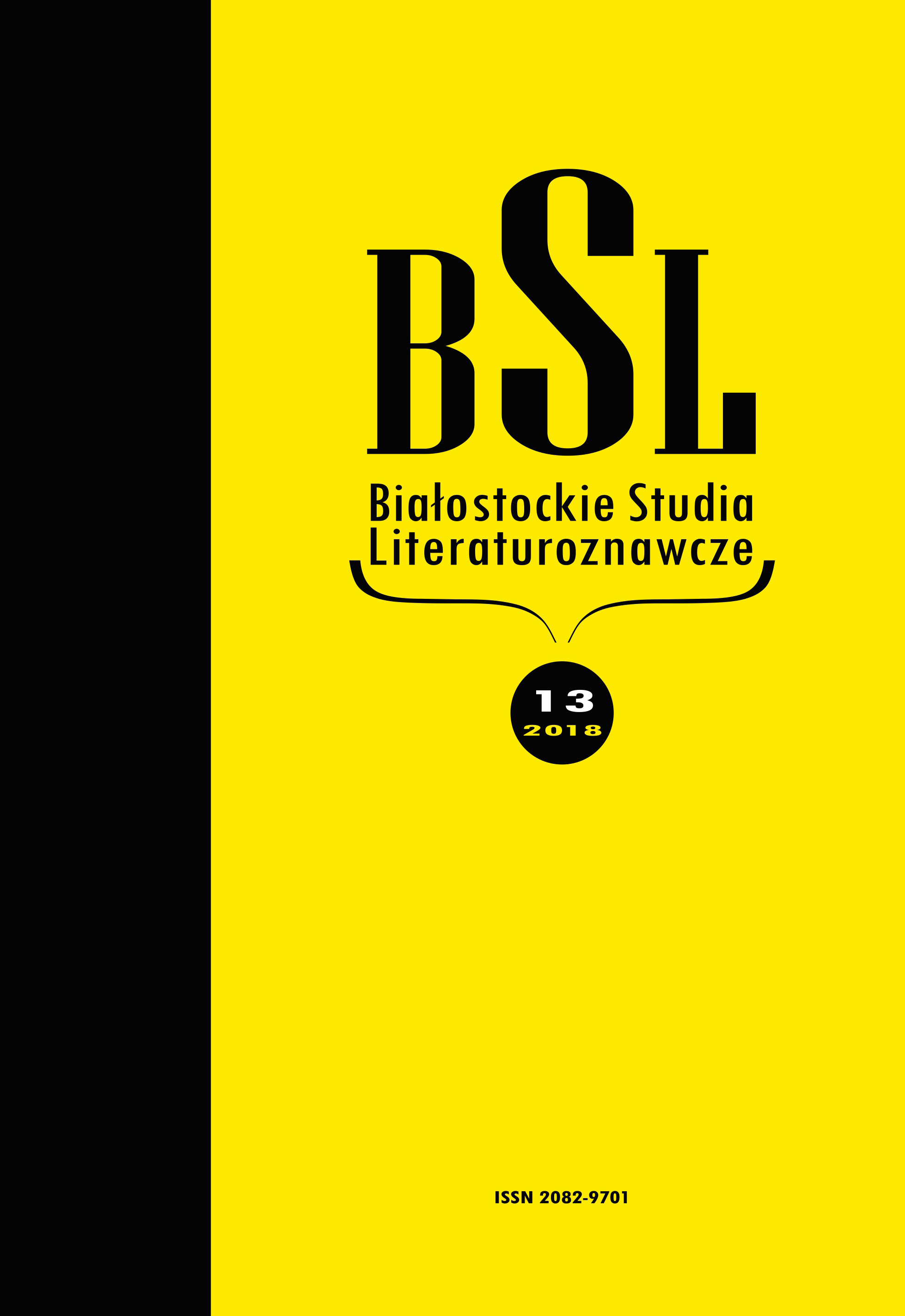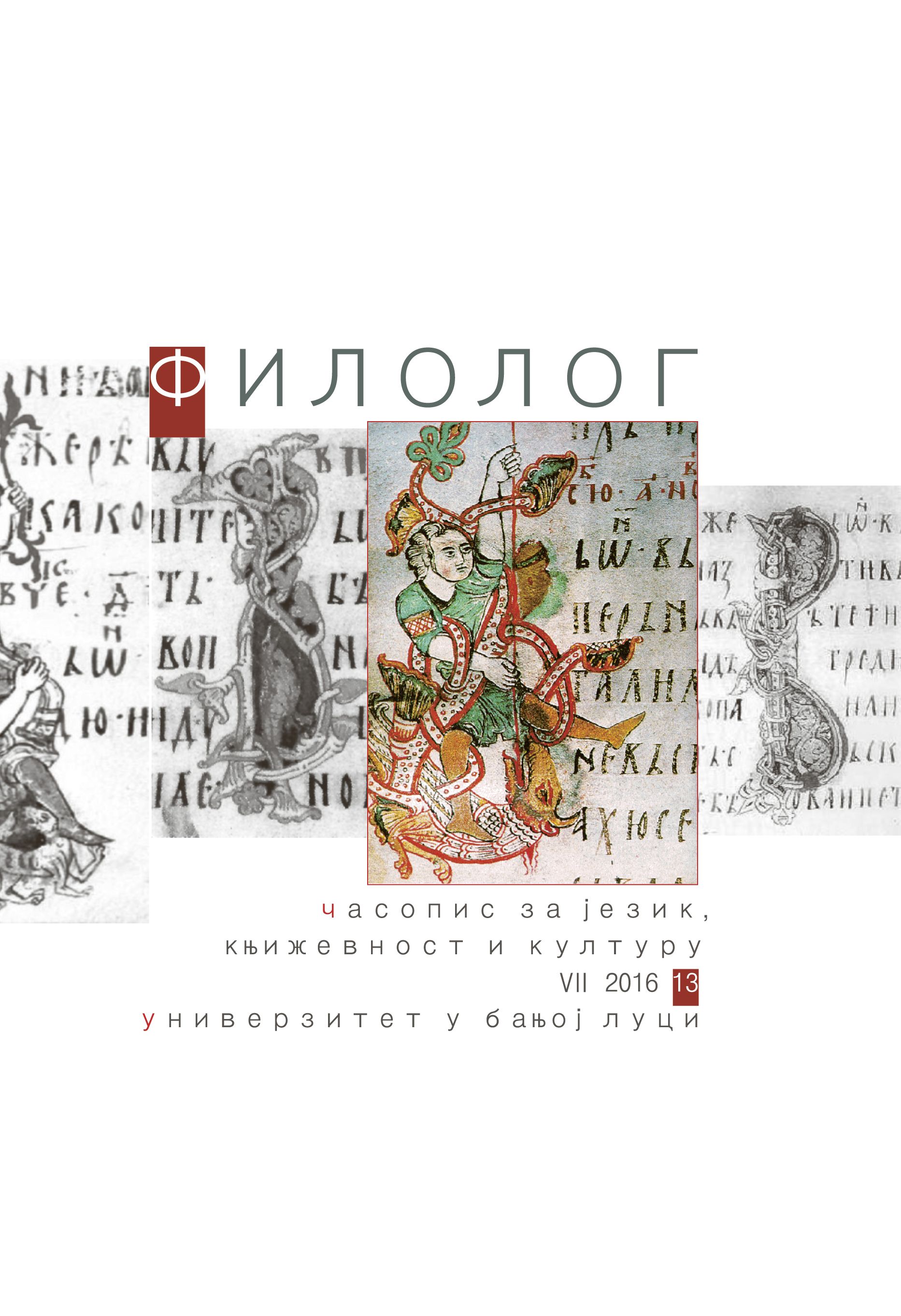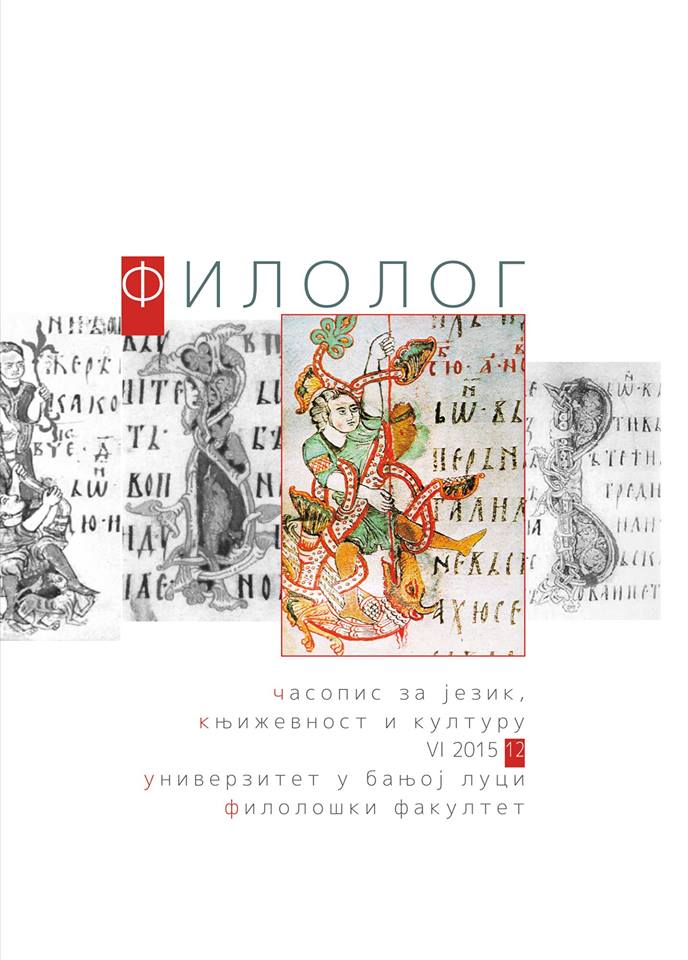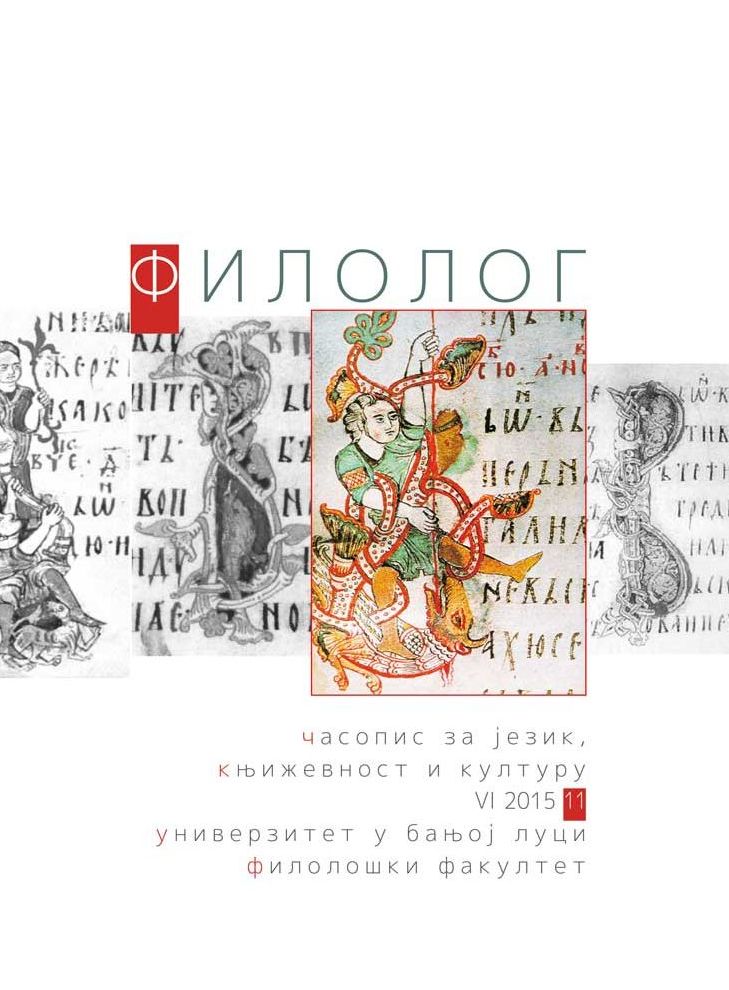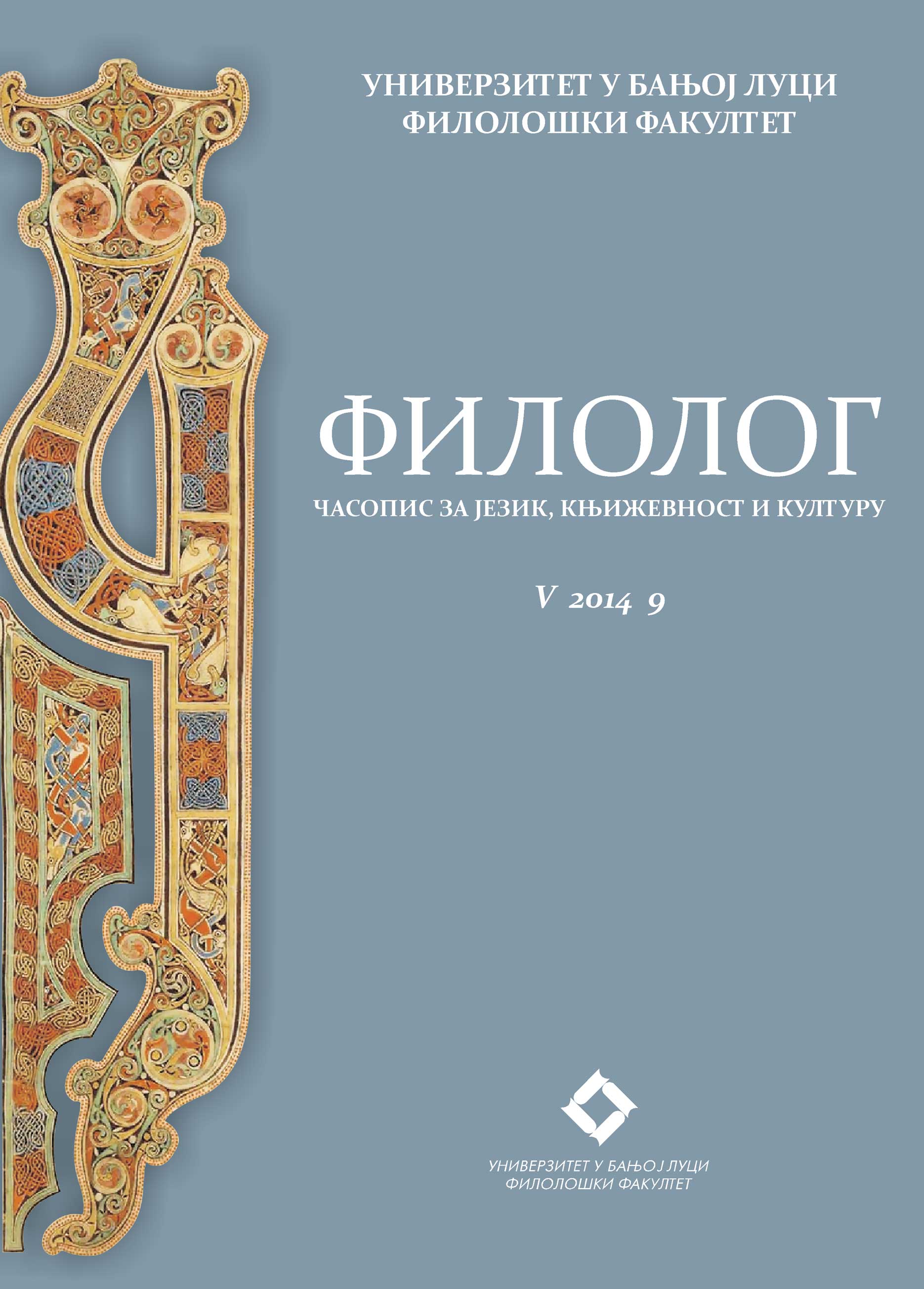Author(s): Jelena Janićijević / Language(s): English
Issue: 11/2015
Hierarchy of moral values and relevant authorities, in the public as well as in the private sphere of society, has never been so vague as in the postmodern age, which is primarily influenced by the social philosophy of capitalism and globalism, thus changing forever the image of the traditional family, relationships between members of closer community, as well as the way in which people perceive themselves. The novel Children Act by Ian McEwan presents court cases related to problematic situations of children, usually innocent victims of various unfortunate circumstances, legal regulations, decisions and personal beliefs of adults. During the settlement of these disputes, the focus is on the struggle for supremacy between different socio-regulatory authorities: the secular court, religious communities, institutions of medical and social sciences, whereas each of these parties offers their own view of an acceptable solution. In some situations, the court often does not have a real solution, and the only option is to make a choice between less deterimental options, in accordance with the law. In an atmosphere of postmodern ambiguity and relativism, there is no one “correct” answer or solution, but multiple individual perspectives, each representing the truth from their own point of view. Th is paper deals with issues of public authority and personal autonomy, their mutual relationship and the consequential impact on the lives of ordinary people. The Court, as an instrument of the state, in some cases grants legitimacy to a certain solution, while in others it enforces a solution, thus putting an individual in a rather isolated position. The only way individuals can overcome these challenges and obstacles is to achieve internal stability by building their own moral standards, despite the conflicts and contradictions of the surrounding world.
More...
